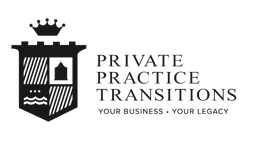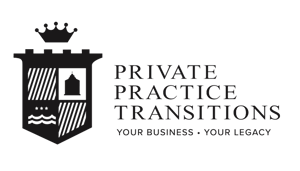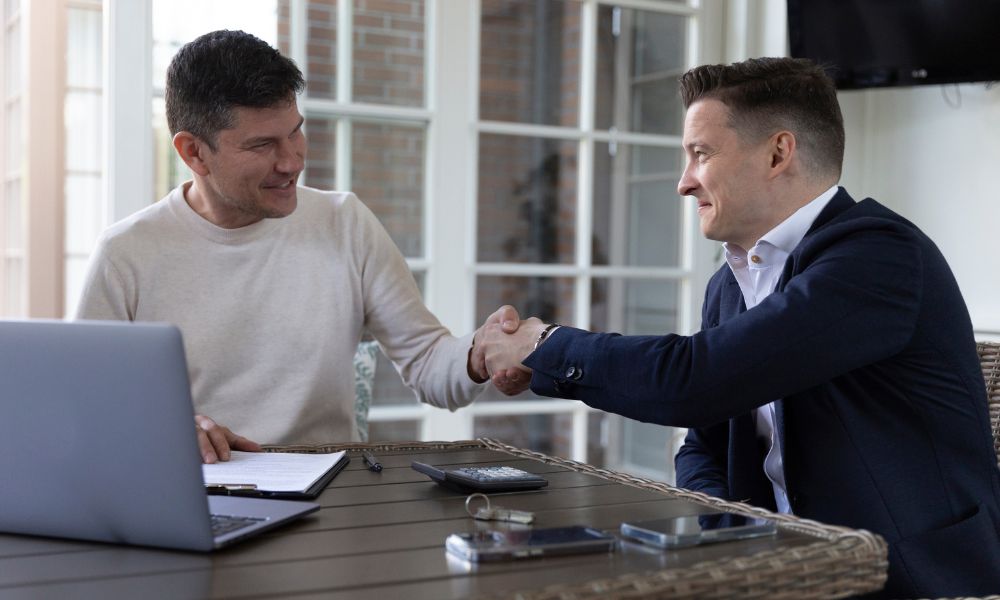The closing can be the most exciting and fraught time of a physical therapy (PT) practice purchase, as months or even years of preparation and negotiation finally come to an end. We’ll explore what to expect when closing on a PT practice purchase, from the preparation to the closing day.
Pre-Close Preparation
Buyers must prepare for the closing day by finalizing the agreements and assembling the necessary documents. Buyers will work with their broker—if they have one—their attorney, and accountant to verify they have all the necessary documents and agreements ready before closing.
At this point, the purchase price should be finalized, and you—the buyer—should assemble the government and tax forms required by the Secretary of State or Corporations Commission and IRS Form 8594. All of the documents and agreements that will be reviewed and signed in the final closing stage should be prepared at this point:
- Purchase and sale agreement
- Loan documents
- Lease-transfer documents
- Succession forms
- Bill of sale
- Consulting/employment non-competition agreements
- Articles of amendment to change the name of the practice
- Transfer of patents, trademarks, copyrights, and other intellectual property assets
Scheduling the Closing
After completing the pre-closing day checklist, it’s time to schedule the closing day with the seller. Ideally, the date and time would be when all parties are available—mornings are typically best because you can reach banks and government offices following the closing.
It’s best to close on the final day of the quarter, month, or pay period. If that’s weeks away and you and the seller are motivated to close immediately, you should sign all documents and transfer ownership as soon as possible. You’ll also have to decide whether the closing will occur in an escrow or attorney’s office.
Finalizing the Deal
On closing day, there should be little left to do for both parties besides showing up, reviewing the necessary documents, and signing. Along with the principal parties—you and the seller—attorneys, accountants, escrow agents, third-party loan guarantors (if there are any), and anyone else with a vested stake in the business or agreement will likely be there.
Once everyone gathers, the parties and their supplements (attorneys, accountants, broker, etc.) will agree to any post-closing final adjustments, review, and sign all the documents and forms prepared in the pre-closing. Then, the practice has been passed on, and the post-closing transition can begin. This includes discussing small details like alarm codes, patient lists, safe combinations, and more.
Let Us Help You Purchase a PT Practice
If you’re not sure what to expect when buying or closing on a PT Practice purchase, Private Practice Transitions can help! As experienced professional business brokers, we can connect you with physical therapy businesses for sale, represent you in negotiations, coordinate due diligence, and develop a business transition plan. Browse our listings of PT practices, and contact our staff if you’re interested today!






